How to buy the right couch for a small living room
Choosing the perfect couch for a small living room doesn’t have to mean compromising on style – here’s how to pick the right sofa for your space

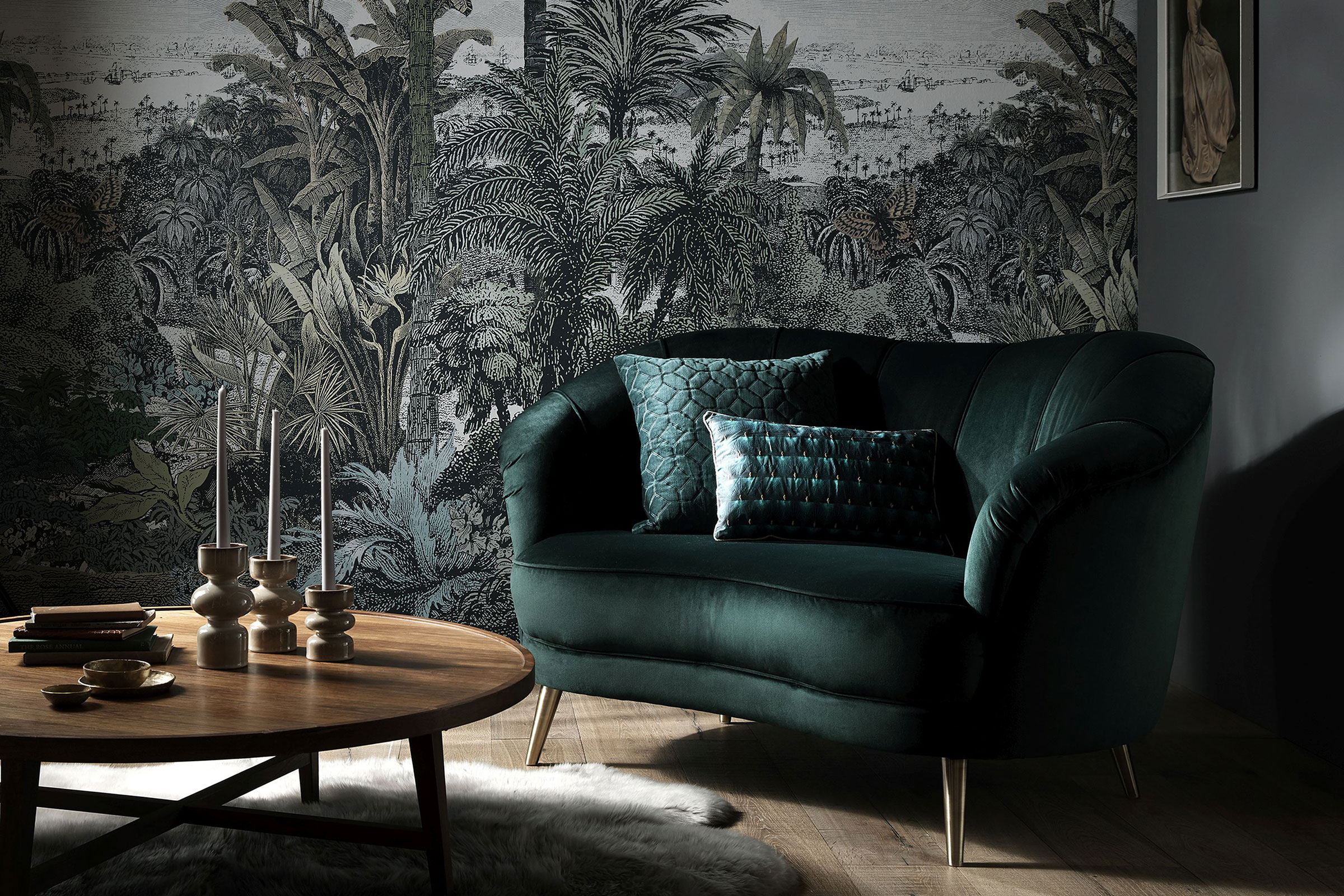
Finding the right couch for a small living room can feel like a bit of a headache. On the one hand, you want a couch that’s big enough to properly relax on, but on the other, you don’t want one piece of furniture to overwhelm the whole room.
Our couches are one of the biggest investments in our living rooms and also the piece of furniture we physically interact with the most, so it’s crucial to get your choice right.
This handy guide will help you to find the right couch to fit in with a wide variety of small living room ideas, from outlining the most practical styles for compact rooms to showing you how to measure up.
What is the best style of couch for a small living room?
A couch is a couch, right? Actually there are lots of different styles to choose from, so we’ve rounded up the best types of couch for a small living room.
Whichever style you choose, remember that a design with legs, which allows you to see the floor flowing beneath, will help to make your space feel larger.
And if your home is compact, or you are looking for apartment living room ideas that can also double up as a space for guests to sleep, then choosing a multi-purpose couch – such as one that doubles up as a sleeper or has built-in storage – could be the most practical solution.
'Some sofas might look great online, but realistically it’s important to to think about what fits your space,' advises Kelly Collins, head of creative at Swyfthome.com. 'This should be considered both in terms of getting it through the hallway and also in its final destination. For smaller spaces, consider sofas that are off the ground, as they let light through and give the illusion of weightlessness.'
Design expertise in your inbox – from inspiring decorating ideas and beautiful celebrity homes to practical gardening advice and shopping round-ups.
Here are the main types of couch available to help you choose the right sofa for your space:
Sectional couch
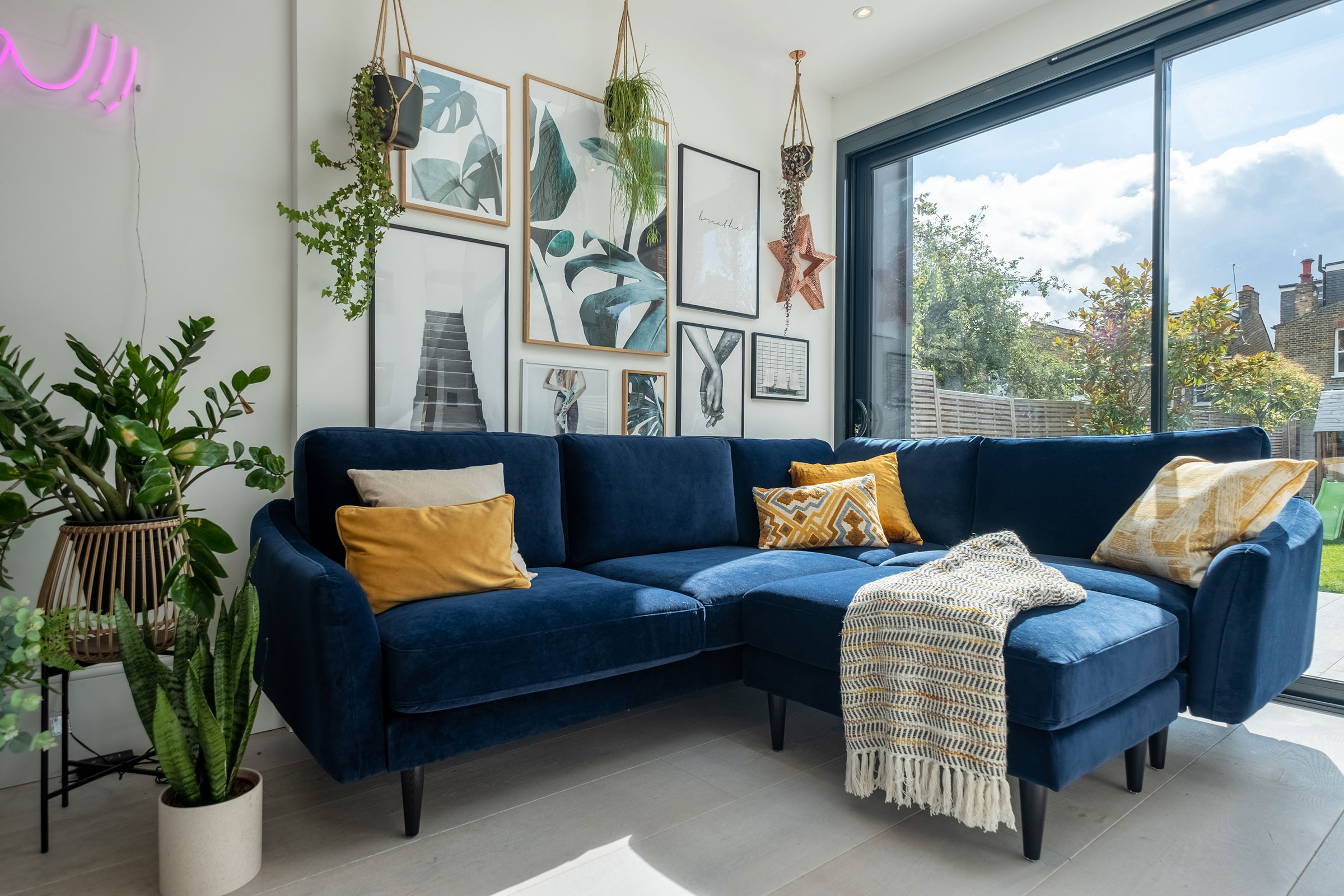
Also known as modular sofas, these are made up of single seat-sized units that can be set up in different configurations. An L-shaped couch with a built-in footstool is a great example, which also works well slotted into long living rooms to visually break up a long space.
We often think of sectionals as big couches, but there are compact versions available.
Sleeper couch
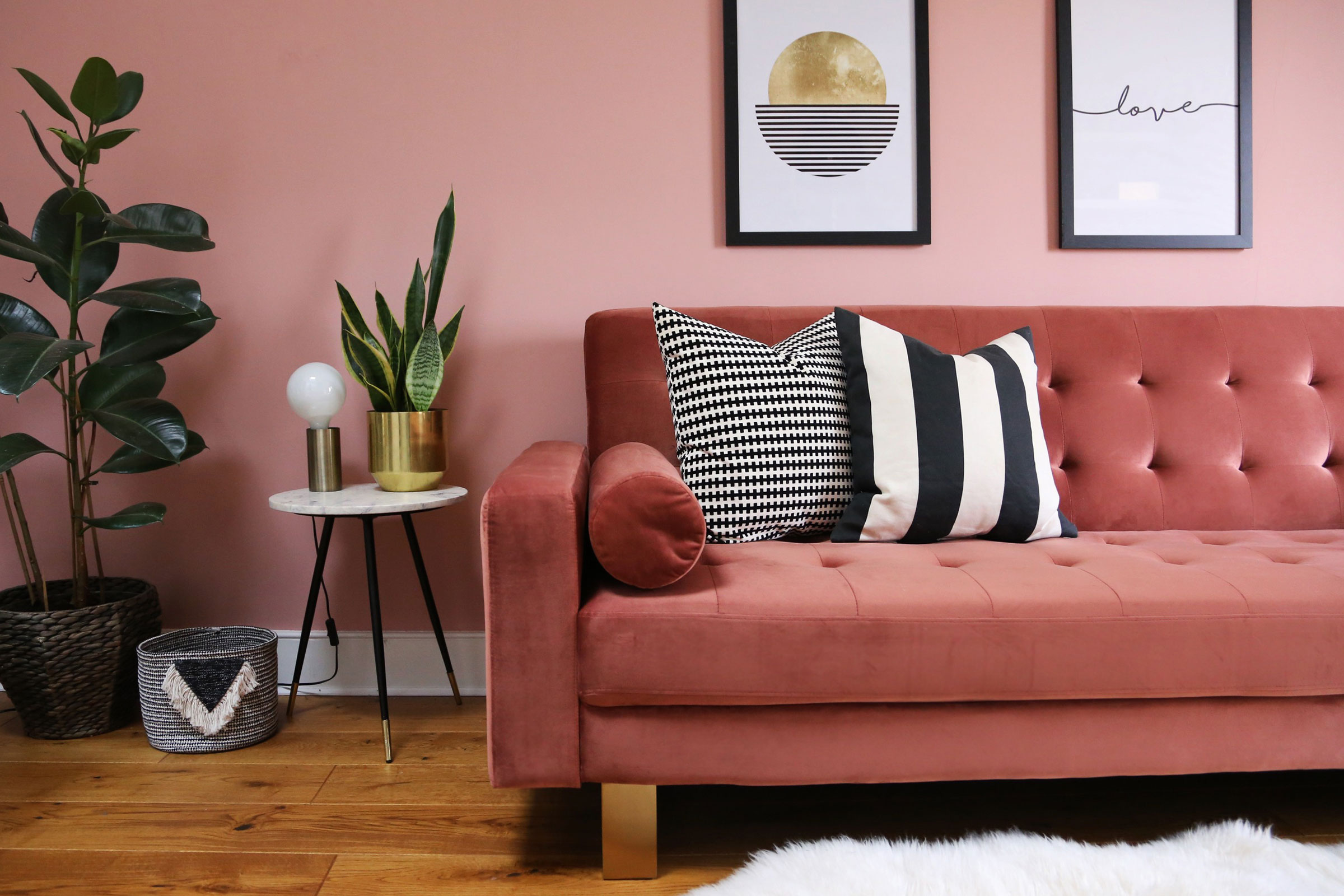
A sleeper couch, or sofa bed, does exactly what it says – it folds out to create either a single or double bed.
These are a great option for anyone without a guest bedroom, or to create the ultimate cozy living room for those of us who fall asleep mid-movie...
Love seat
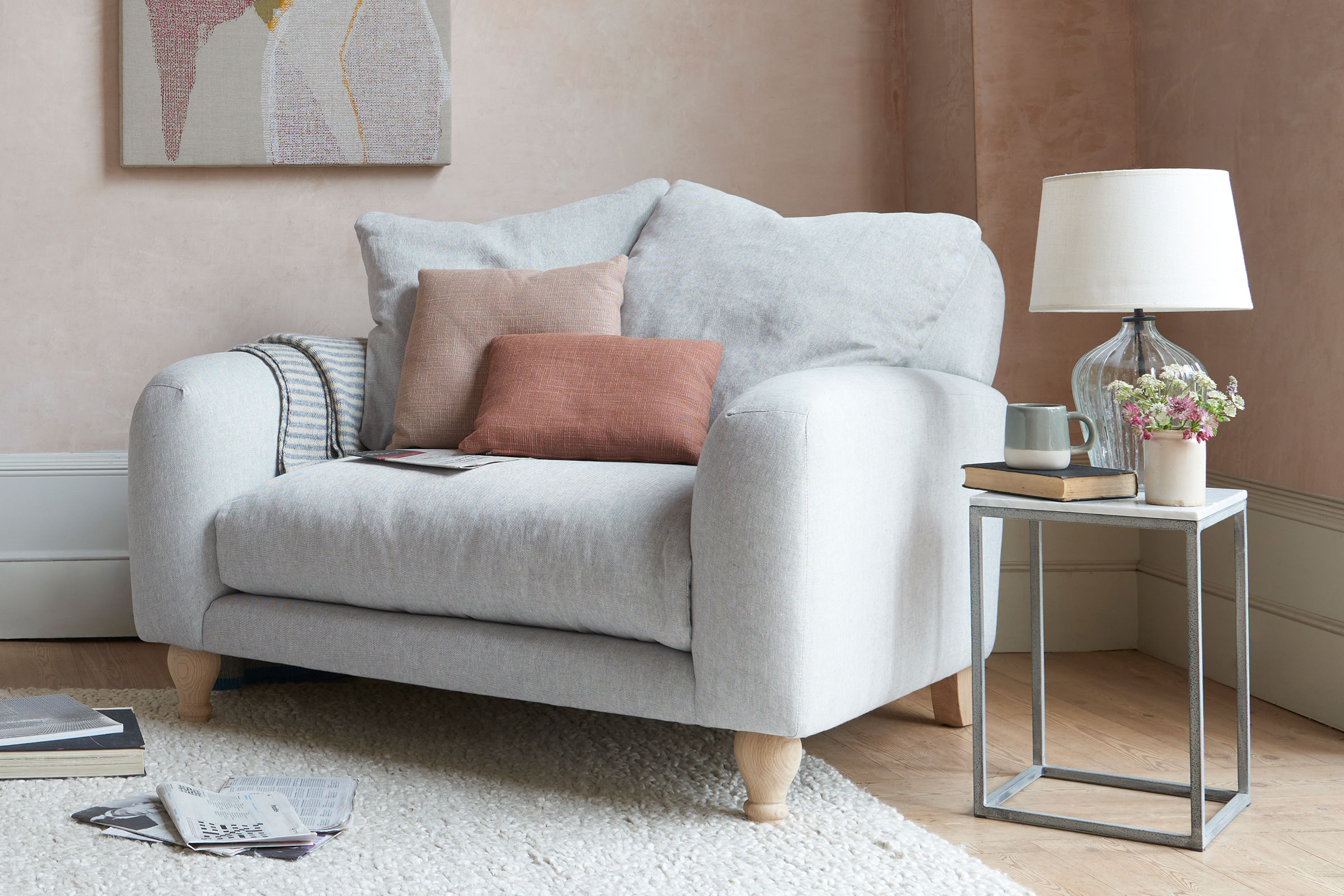
These compact couches are designed to seat two people, although you’d want to be close friends or family with the other person as they’re pretty snug!
Love seats usually accompany a larger sofa, but could be a standalone if you have a small living room and live alone. Pair them with ambient small living room lighting ideas for the ultimate cozy nook.
Click-clack couch
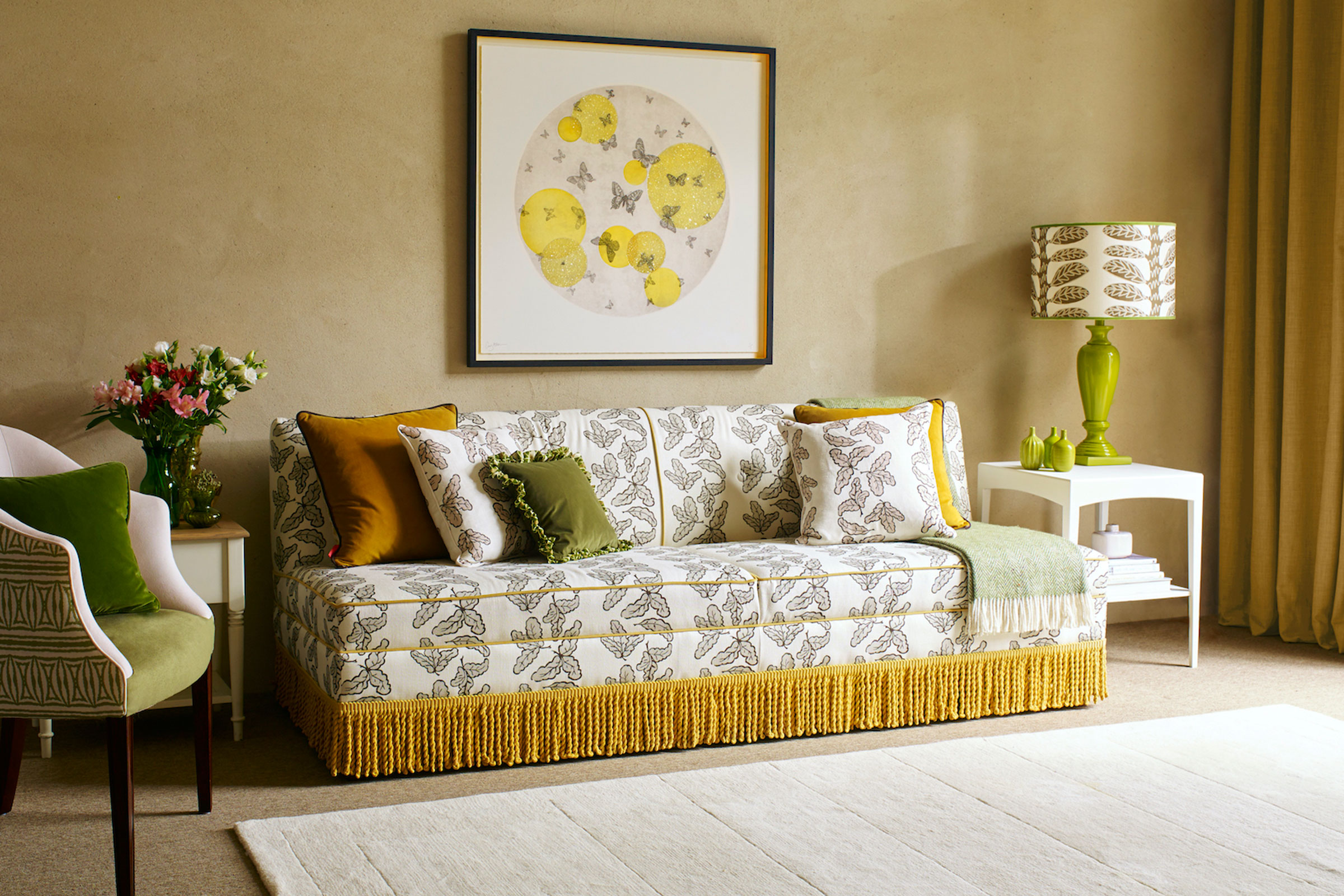
A click-clack couch is the modern sleeper of choice. These armless couches have a single, folded cushion overlaying a simple frame which folds down into a bed. They’re not normally the most comfortable of beds though, so definitely best for occasional use.
Storage couch
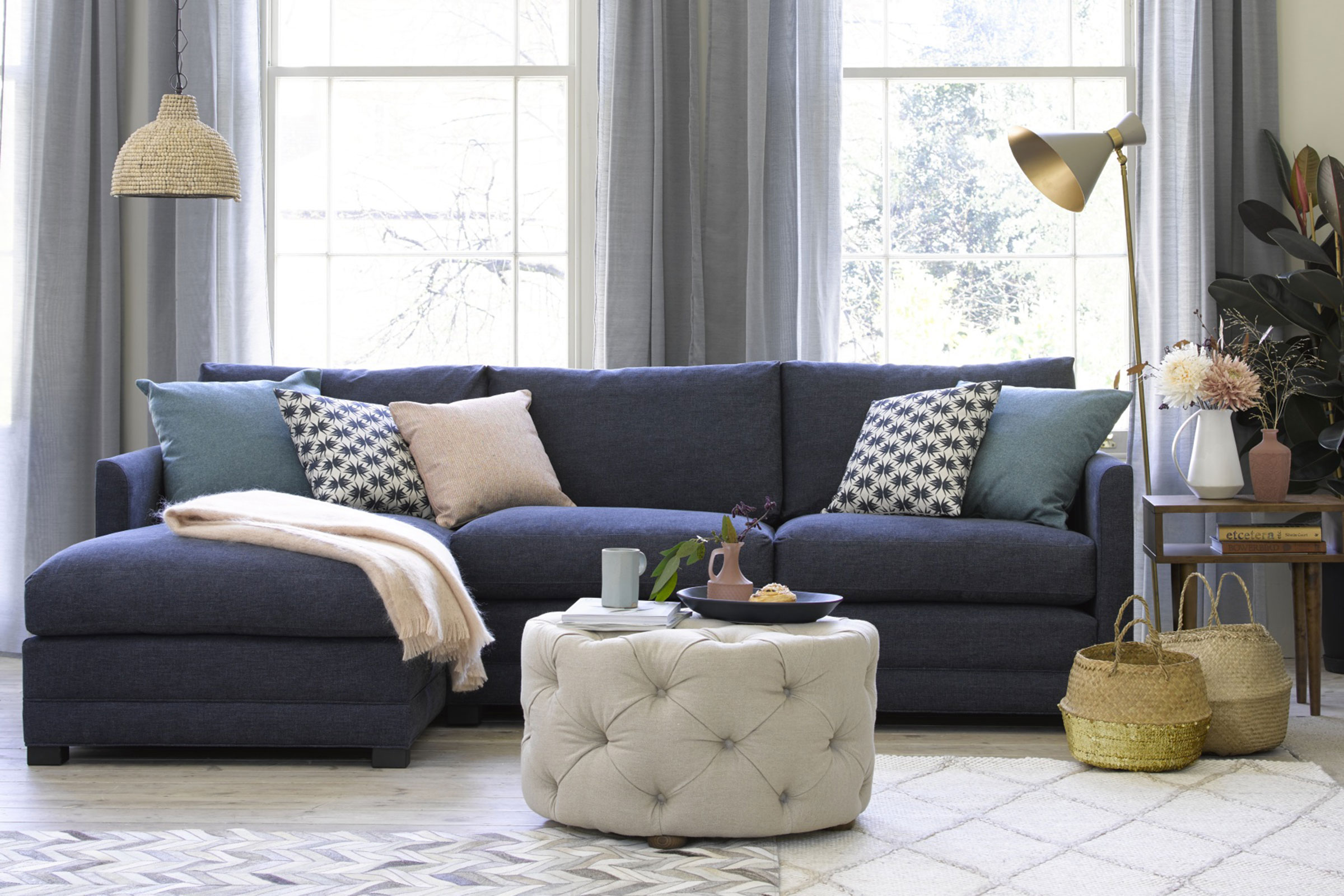
Storage couches have seats or a footstool that lifts up to allow items to be stored beneath. Incorporating small living room storage ideas into a couch can be a game changer in compact living spaces.
How do I choose a couch for a small living room?
Use these steps to find a couch for a small living room – and bigger rooms, too.
1. Decide who you need to seat
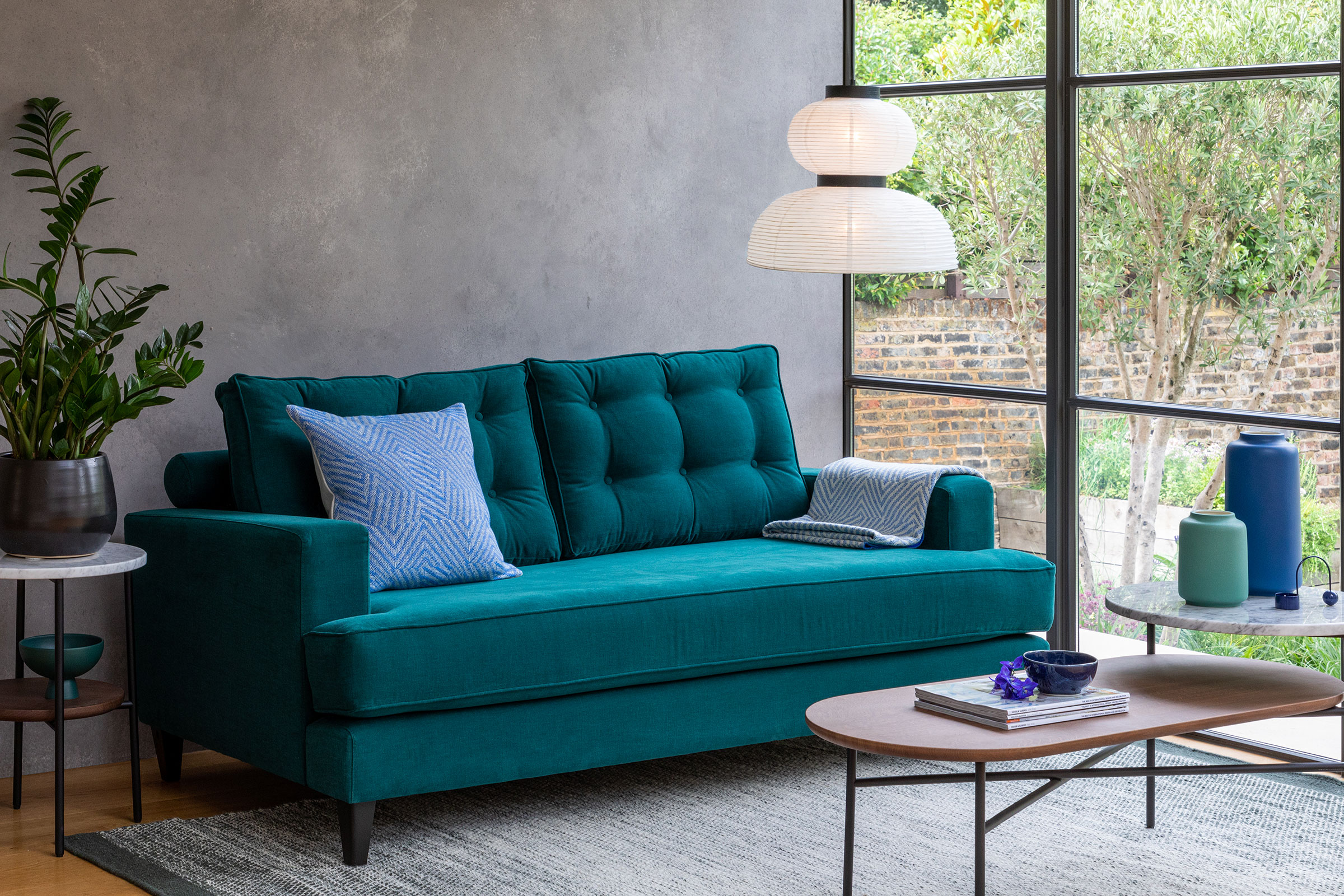
It may sound obvious but first things first – decide how many people you need to seat on your couch. This is normally the number of people in the household, plus one.
Guests can easily be accommodated on armchairs or dining chairs, so there’s no need to buy a bigger couch for a small living room than you need day-to-day.
2. Mark out your ideal couch
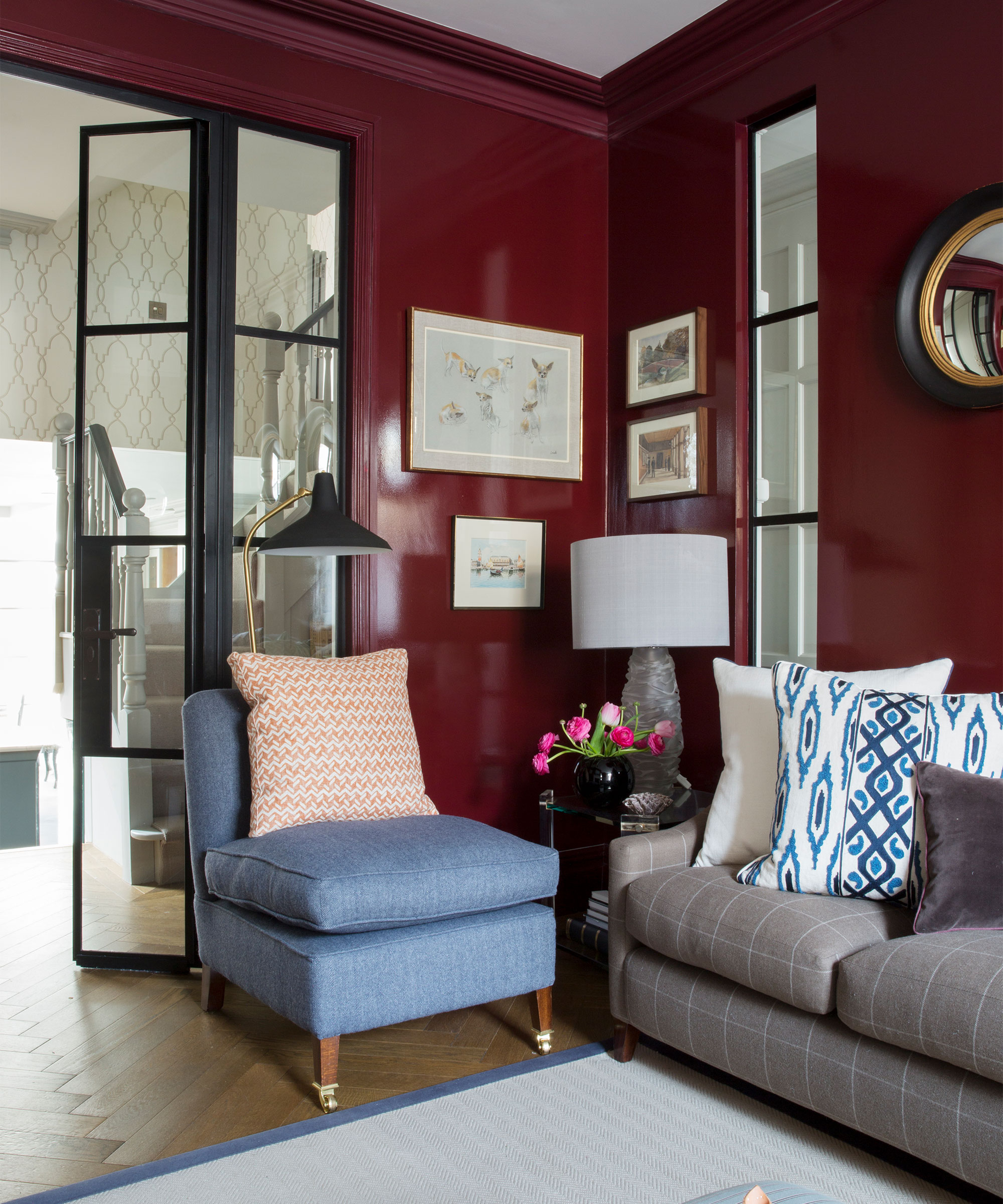
Before you start adding that gorgeous velvet chaise to your shopping basket, stop and work out whether it’s practical for the space you have.
When designing a living room, use masking tape to mark out the best potential location for your new couch on the floor. Is there plenty of circulation space around it? Is it blocking the flow of the room? Does it look too big?
Play around with the masking tape, perhaps trying two smaller couches, or a larger one and an armchair, to see what works best. If you want to be able to lie down on your sofa, check that you fit within your masking tape template. FYI, a couch that has a seat at least 22 inches deep will be comfiest for snuggling up on.
When you’re happy, measure the shapes you’ve created on the floor – this gives you the maximum dimensions for your new couch or couches. As a general rule, your sofa should be no longer than two thirds of the length of the room.
3. Don't forget access
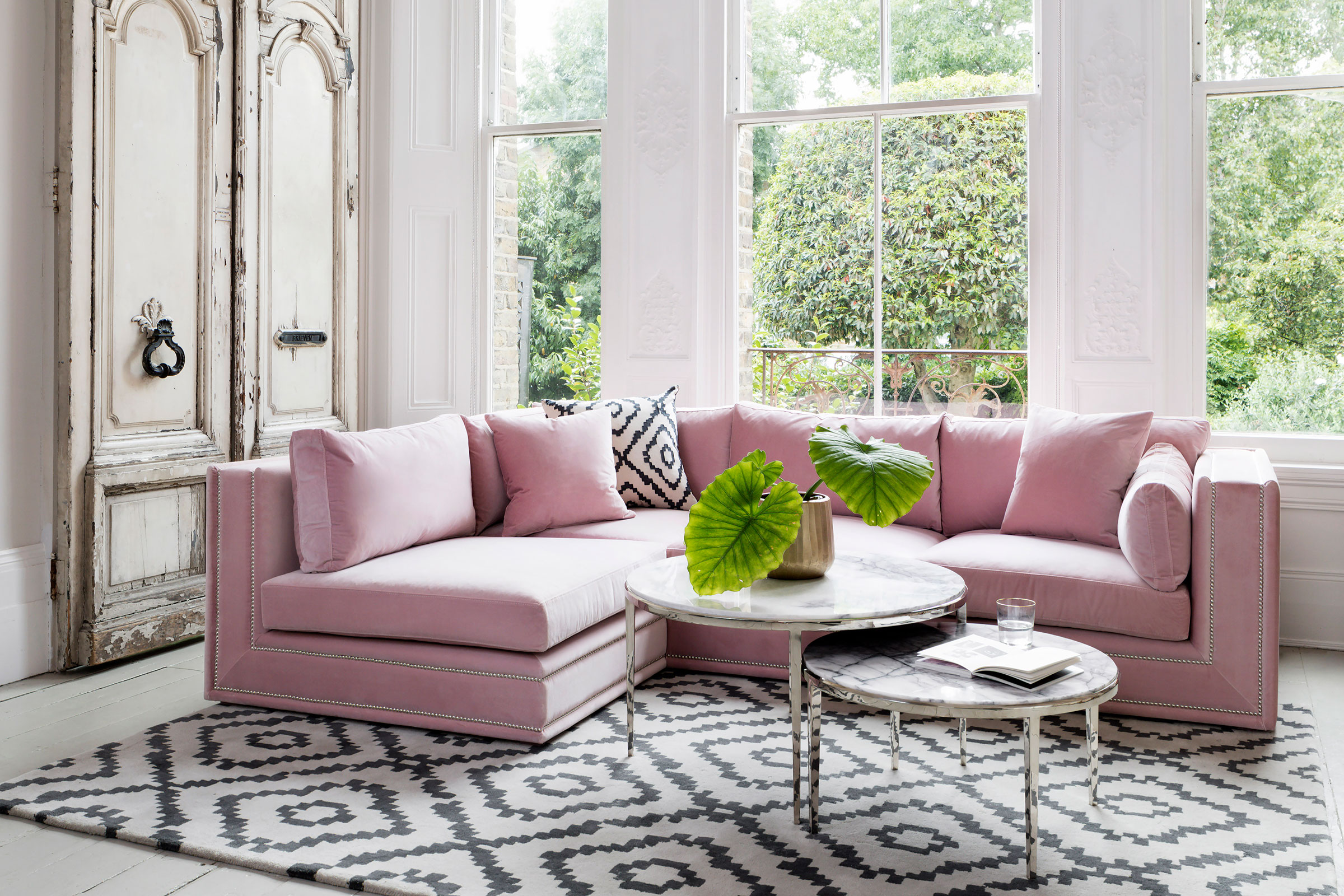
If your living room is on the small side, chances are your corridors or entranceway could be too. Measure the width of any doors and work out whether you’ll actually be able to get your chosen couch in. Some couches can be broken down into sections for delivery, so check before you buy.
4. Choose your fabric carefully
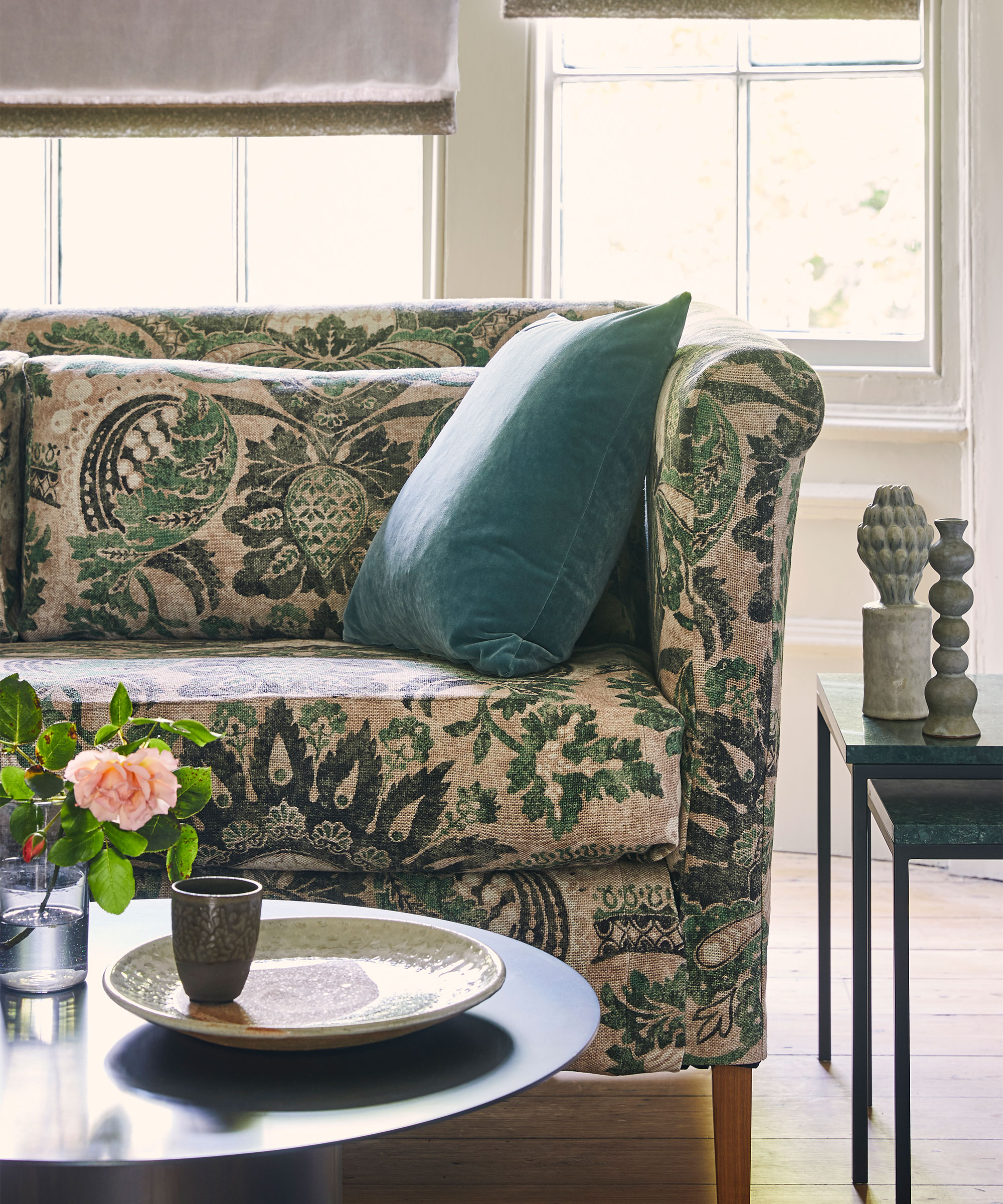
As well as looking great, you want your new couch to be practical and durable. If you have pets, a leather sofa probably isn’t the best choice, as claws can scratch or even rip through it.
Similarly, if you have kids, make sure you choose a washable fabric that’s durable and easy to clean. Always order a few fabric swatches – which are almost always free – and use these to not only get an idea of colour and texture, but also to try marking and cleaning.
5. Think color
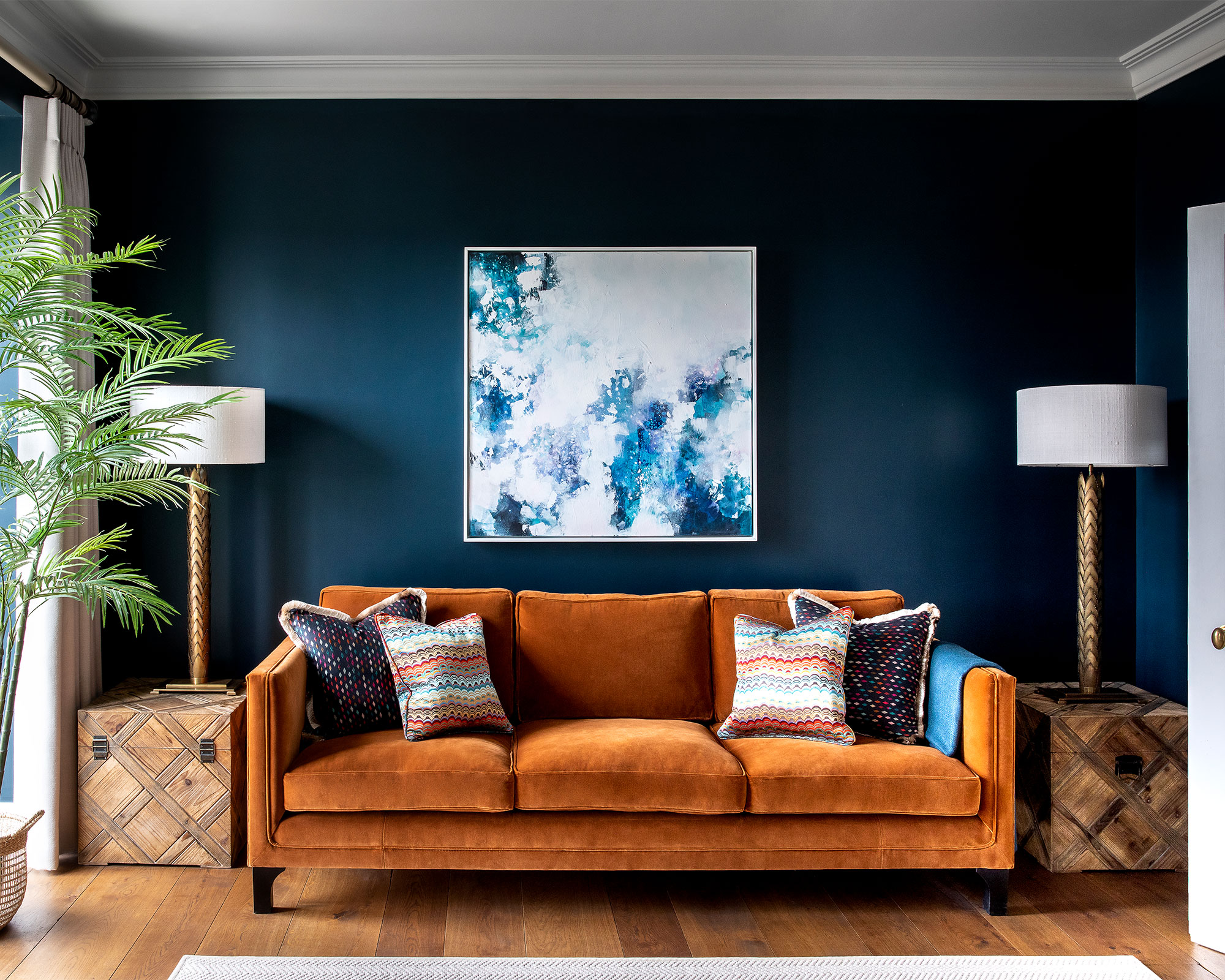
Because of the cost involved in buying a couch, it can be tempting to opt for a timeless neutral color that will work however you choose to decorate the room in the future. Paler colors can also help to reflect light and make a small living room feel bigger.
However, don’t be afraid to go for a bolder color sofa for a small living room. If you combine a dark velvet sofa with a dark living room color scheme, it can make the space feel cozy and cocooning, rather than emphasizing its size.
How should I arrange my couch in a small room?
In a large living room, interior designers will always advise bringing your couch forward from the walls to create a cozy, inviting feel. But when decorating small spaces, this isn’t always practical.
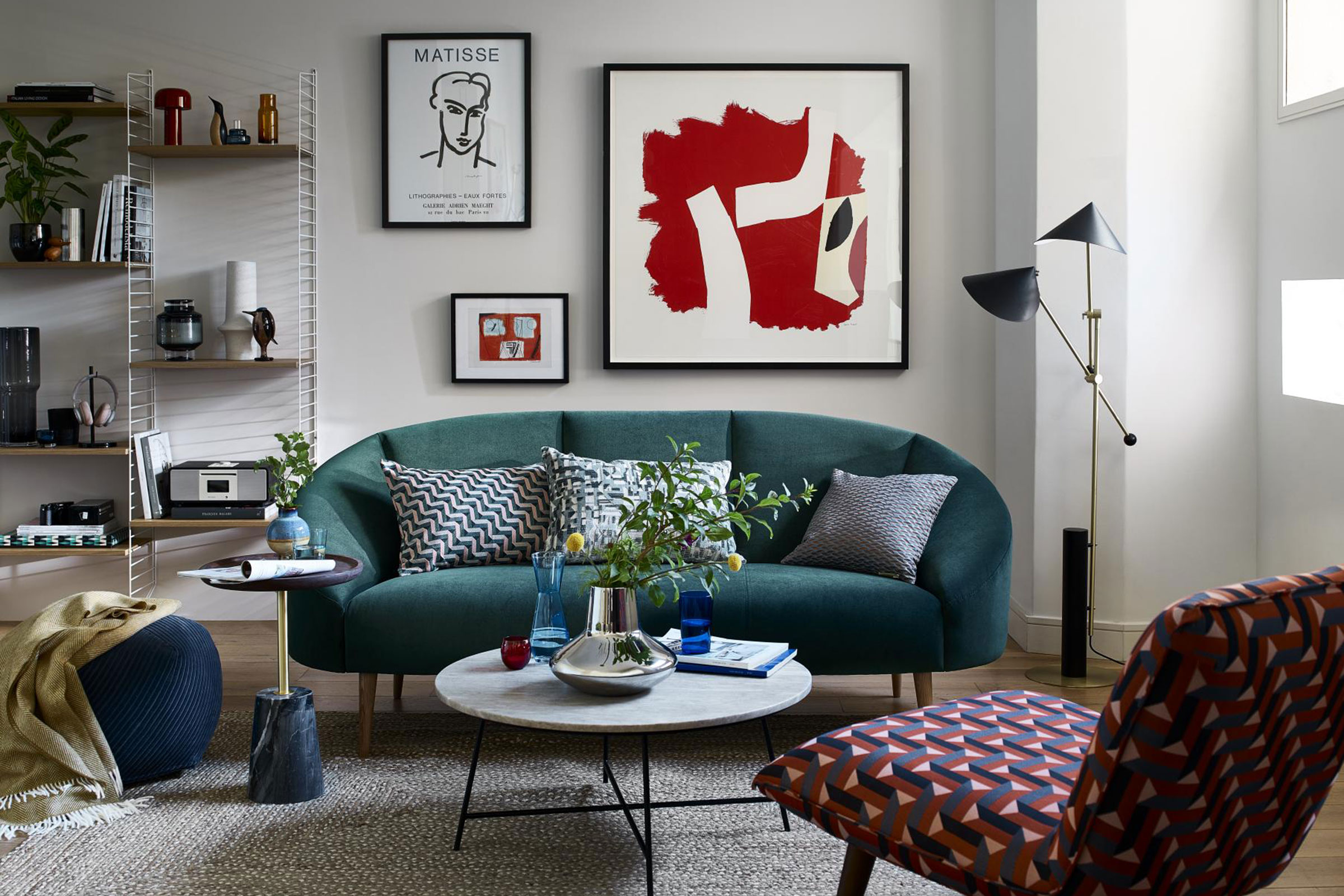
Instead, try to make sure only one side of your sofa is directly against a wall. Leave a gap of at least 12 inches in every other direction to create the illusion of space.
And try not to place your sofa directly against a radiator as it can damage the fabric and will block heat.
Finally, don’t push side tables directly up against the couch, as it will feel cluttered. Circular tables can be a great alternative and stop it feeling like there’s too much boxy furniture crammed into one room.

Jennifer is the Digital Editor at Homes & Gardens, bringing years of interiors experience across the US and UK. She has worked with leading publications, blending expertise in PR, marketing, social media, commercial strategy, and e-commerce. Jennifer has covered every corner of the home – curating projects from top interior designers, sourcing celebrity properties, reviewing appliances, and delivering timely news. Now, she channels her digital skills into shaping the world’s leading interiors website.